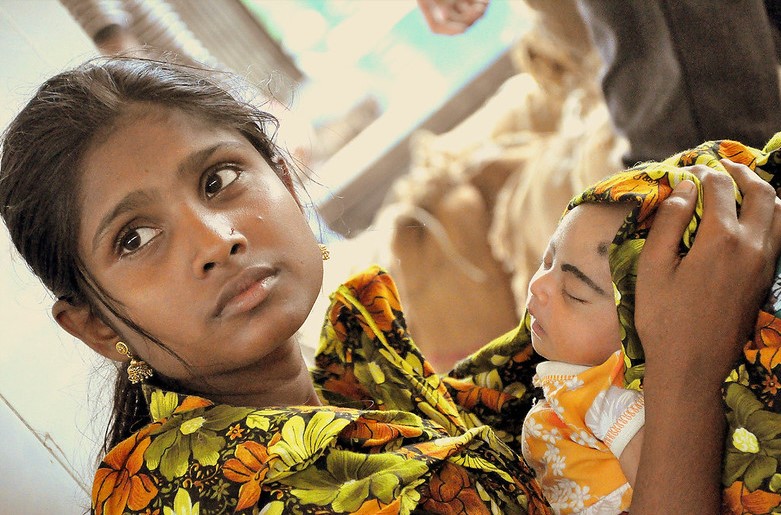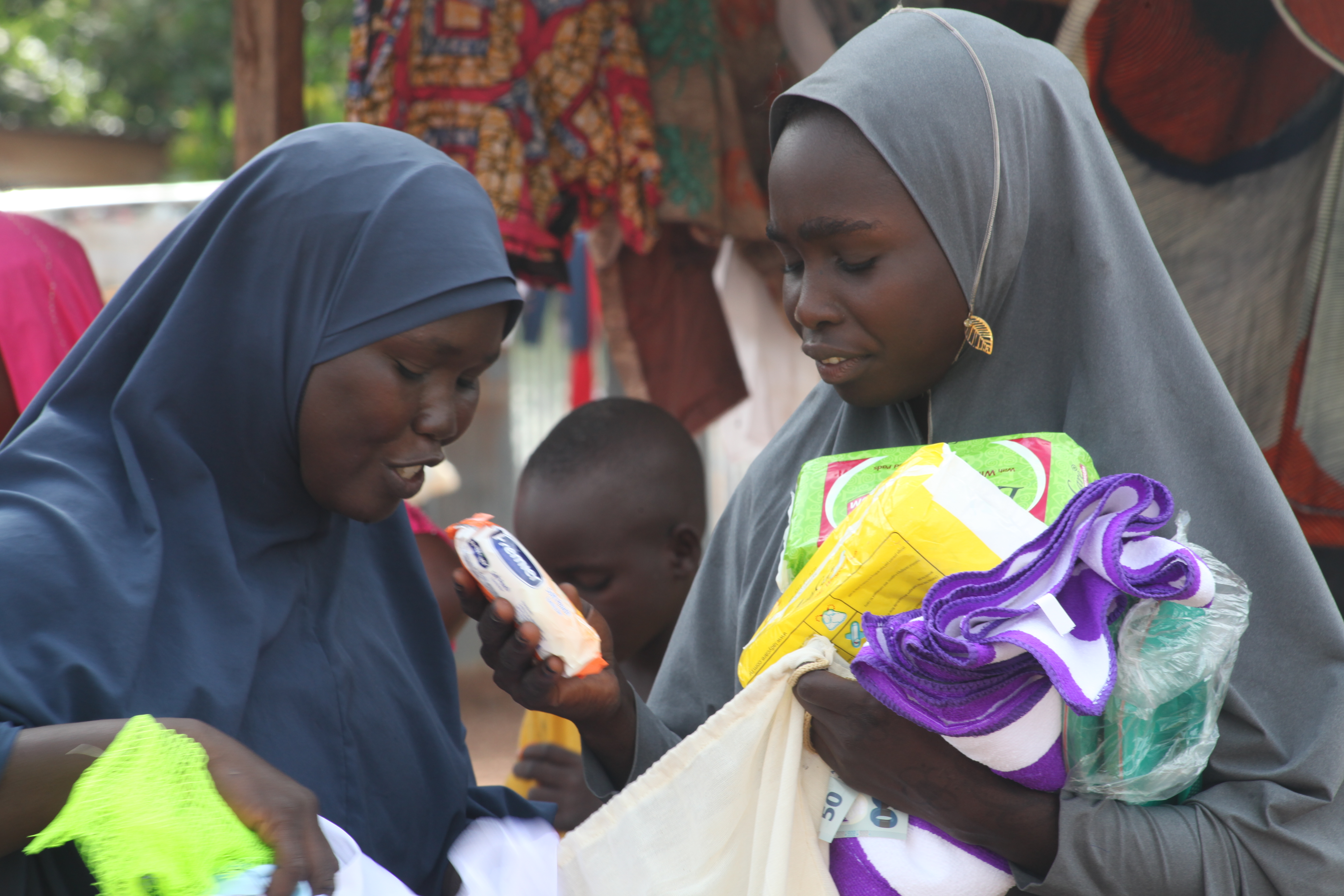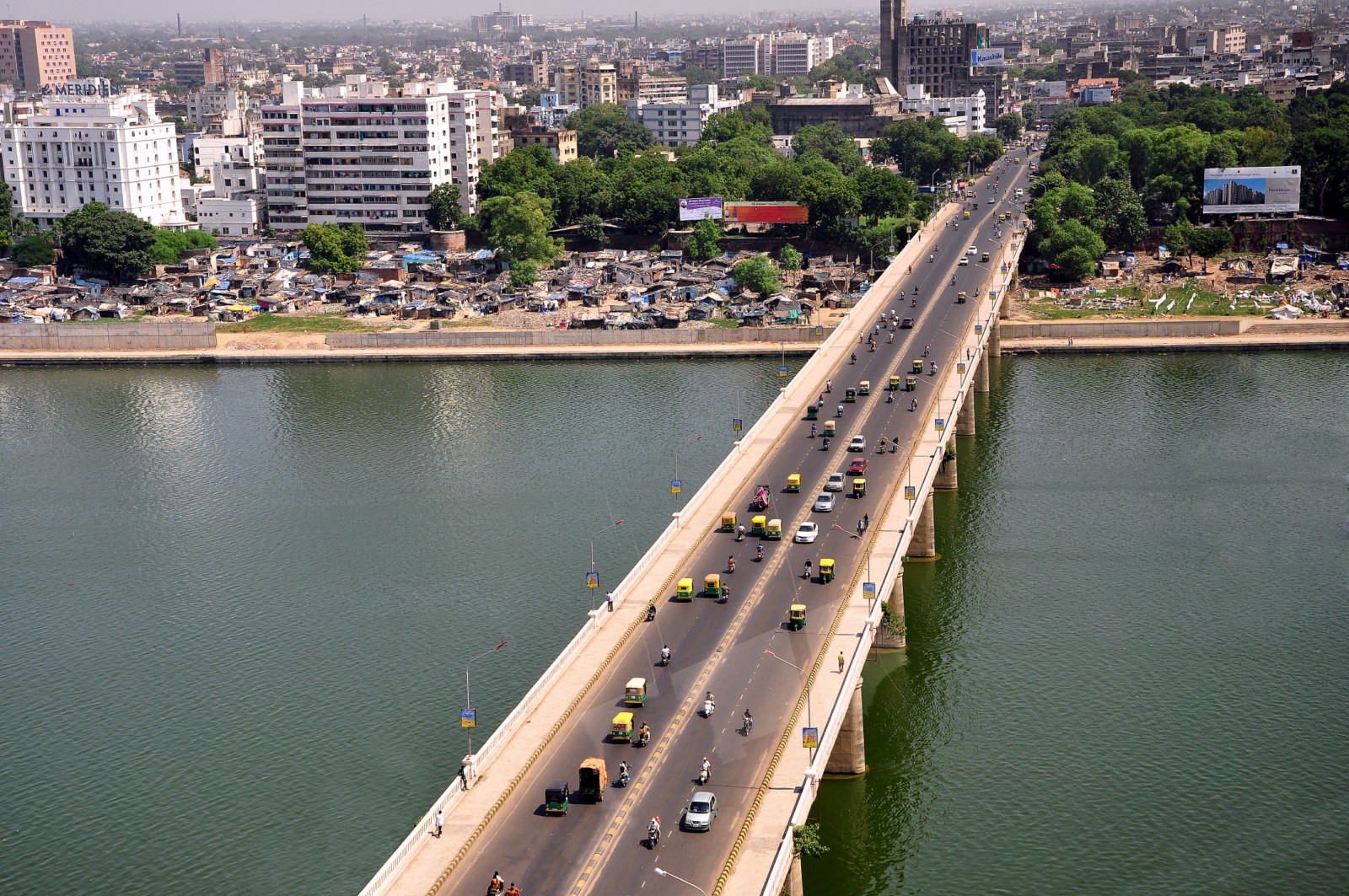Emma Sowden looks at the potential repercussions of the recent EU parliament vote to ban the use of palm oil for the production of biofuels by 2030.

As the EU embarks on its new Green Deal for carbon neutrality, Southeast Asian government anxiety is growing. Prior to the deal, last year saw the EU parliament vote overwhelmingly in support of draft measures to eventually ban the use of palm oil for the production of biofuels by 2030 in the European Union. In a clear preluding to the recently unveiled ambitious energy targets, the Commission has continued to insist that the production of palm oil results in excessive deforestation and habitat destruction. Accompanied by a ruling by the European Food Safety Authority deeming Palm Oil a risk to health.
The context to the ban resides in increased lobbying from environmentalists, like Greenpeace, advocating for alternative biofuels and crops; and by the rising presence of as ‘palm-oil free’ supermarket products.
This ban, however, truly embodies a wider global-power tendency: hegemonic-knowledge production. Here, the EU has normalised a simplistic and technocratic boycott narrative of Palm Oil that needs to be deconstructed. In an attempt to appease sustainability concerns and appear a front-runner in the fight against deforestation, western law-makers have created legislation that is not only flawed, but may have devastating consequences for Southeast Asian producers.
Extracted from both the flesh of the fruit and the seed and often found in products like bread, ice- cream, even make up; palm oil is one of the most widely consumed vegetable oils in the world. In recent years, however, it has been labeled and tarnished as a leading contributor to the current ecological crisis: associated with widespread deforestation, species and biodiversity loss as well as dispossession of indigenous communities over large-scale land acquisition for plantations. Let’s be clear, these associations are true, but need to be considered in a wider sea of complexities and contexts.
Firstly, palm oil remains a remarkably land-effective crop. Compared to other crops, such as sunflower soybean or rapeseed oil, it produces 4.1 times more oil per unit of cultivated land – globally occupying only 10% of oil crop-allocated land. Making it the highest-yielding vegetable oil, while comprising 35% of the global supply. In effect, the EU’s proposed alternatives would require the occupation of more land to meet the global demand. Therefore exacerbate the potential for deforestation – something that the International Union for Conservation describes as a shift of deforestation, rather than a reduction of it. Secondly, palm oil remains a socially and economically essential fabric of many influential ASEAN nations. Take Indonesia, for example, where it is estimated that 1.7 – 2 million people work in the Palm Oil sector, with a further 6 million benefiting from it through families resisting falling into poverty. Thirdly, the data on the health effects of the vegetable oil remain mixed, and not conclusive. The Indonesian National Agency of Drug and Food Control ruled that the claim that palm oil has adverse health effects is not actually scientifically accurate. It is generally recognised that it brings both positive (source of vitamin E) and negative health effects (potential for cardiovascular harm).
So if both of these seemingly incompatible truths of environmental destruction and socio-economic necessity exist together, what is the proposed solution? The Roundtable on Sustainable Palm Oil is a not-for-profit organisation, implementing global standards for sustainable palm oil across a variety of actors along supply chains. Stakeholders must comply with a set of environmental and social criteria developed by the RSPO to produce Certified Sustainable Palm Oil (CSPO). As of September 2019, only 0.5% of RSPO member concessions were declared hotspots for forest fires. The RSPO acknowledges that more can be achieved, but this small percentage illustrates that the guidelines and certification are proving effective in limiting the environmentally damaging consequences. Even the WWF used a case study of one agribusiness committed to complying with RSPO standards. Musim Mas Group does not acquire any new land that does not conform to such standards and started a foundation that provides free education and public health programmes. Unfortunately, there are many cases of labour and land exploitation by palm oil companies, but acknowledging the potential for sustainable palm oil could be a step in the right direction.
The debate on Palm Oil reflects a wider global discourse on who must carry the burden of environmentalism and climate change. The EU here has created a technical fix, to what parts of the international community have deemed a technical problem. Disassociating widespread deforestation with particularly Southeast Asian economic, social and historical contexts. Like all environmental concerns facing our world today, there remains an interconnection between nature and land; and capital and politics.
Within these dialogues it is essential to remember that the commodification of land and changing nature of production were western endeavors that has led to incidences of overconsumption of crops in the present day. Palm Oil originated in Western and Central Africa, and under colonial powers was transported to the Americas and Asia originally as an ornamental crop, but becoming an international trade product within the 19th Century. Then during the post-independence years, South East nations, including Malaysia and Indonesia undertook structural adjustment practices at the advise of western democracies – liberalising markets, becoming export orientated. The doctrine of trusteeship persisted throughout these 19th Century practices, that there was a duty of the developed to act to determine the pathway of the less developed. In our now 21st Century setting the EU’s ban on Palm Oil conforms to a neo-form of trusteeship and self-proclaimed expertise. European domination of this particularly narrative is justified through the lens of ‘environmental concern’ and eco-governance.
The debate on palm oil requires a global effort in the pursuit of sustainability, rather than a crowding of different narratives from advocacy groups and governments. Firstly, an acknowledgment of the collateral damage to parts of the world caused by simplified solution created in Europe would be a good start. World leaders, advocacy groups and the European Green Deal should get behind the CSPO guidelines. Then create a dialogue with those already committed to the pursuit of sustainable palm oil in Southeast Asia and push for the same level of social and environmental checks and balances on all vegetable oils and biomass production. Otherwise, the incentive for sustainable palm oil will dissipate, as CSPO will eventually lose its competitive advantage to unsustainable production.
Emma Sowden is a 3rd-year undergraduate in the Department of Geography and Environment. Her research interests include solidarity politics, climate change, and social movement theory.
The views expressed in this post are those of the author and in no way reflect those of the International Development LSE blog or the London School of Economics and Political Science.





